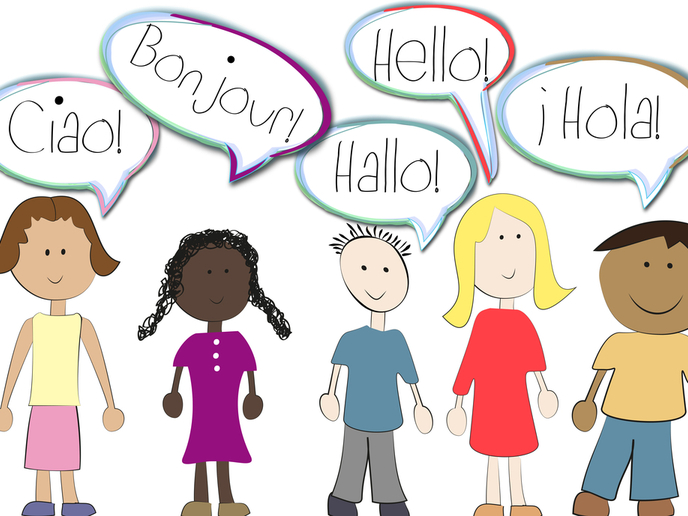Bilingual children have lifelong benefits, new study says
It has become common knowledge that the sooner babies are exposed to two languages, the better. To support development, experts continue to encourage parents who are native speakers of different languages to speak to their children in their native tongue as soon as possible.
The earlier the exposure, the better for our brains
According to findings published in the journal ‘Scientific Reports’(opens in new window), growing up in a bilingual home has been linked to unexpected cognitive benefits. In a first, researchers at the United Kingdom’s Anglia Ruskin University (ARU) demonstrated that adults who acquired their second language at a young age more quickly detect visual changes and shift attention compared with bilinguals who learned a second language when they were older. Adults exposed earlier to two languages scored highest in cognitive tests. Early bilinguals – adults who learn a second language as infants or young children – have cognitive advantages. “This study is an exciting extension of our previous research, which suggested that infants raised in bilingual homes adapt to their more complex language environments by switching attention faster and more frequently,” commented Dr Dean D’Souza, lead author and senior lecturer of psychology at ARU, in a press release(opens in new window) by the same university. “This adaptation may help them to take advantage of multiple sources of visual information, such as mouth movements, facial expressions, and subtle gestures, ultimately helping them to learn multiple languages.”
Benefits that last a lifetime
Dr D’Souza added: “The findings from our new research with bilingual adults suggest that some of these adaptations, including being quicker at shifting attention, are maintained into adulthood.” To determine if the adaptations found in early development continue until adulthood, the researchers assessed 127 adults, 92 of whom were bilingual and 35 monolingual, in 2 separate experiments. For the first experiment, participants watched two images on a screen as one gradually changed while the other remained as is. The early bilinguals noticed the changes much quicker. The second experiment involved examining two visual stimuli. Once again, early bilinguals were faster at shifting their attention away from one photo to focus on the other.



